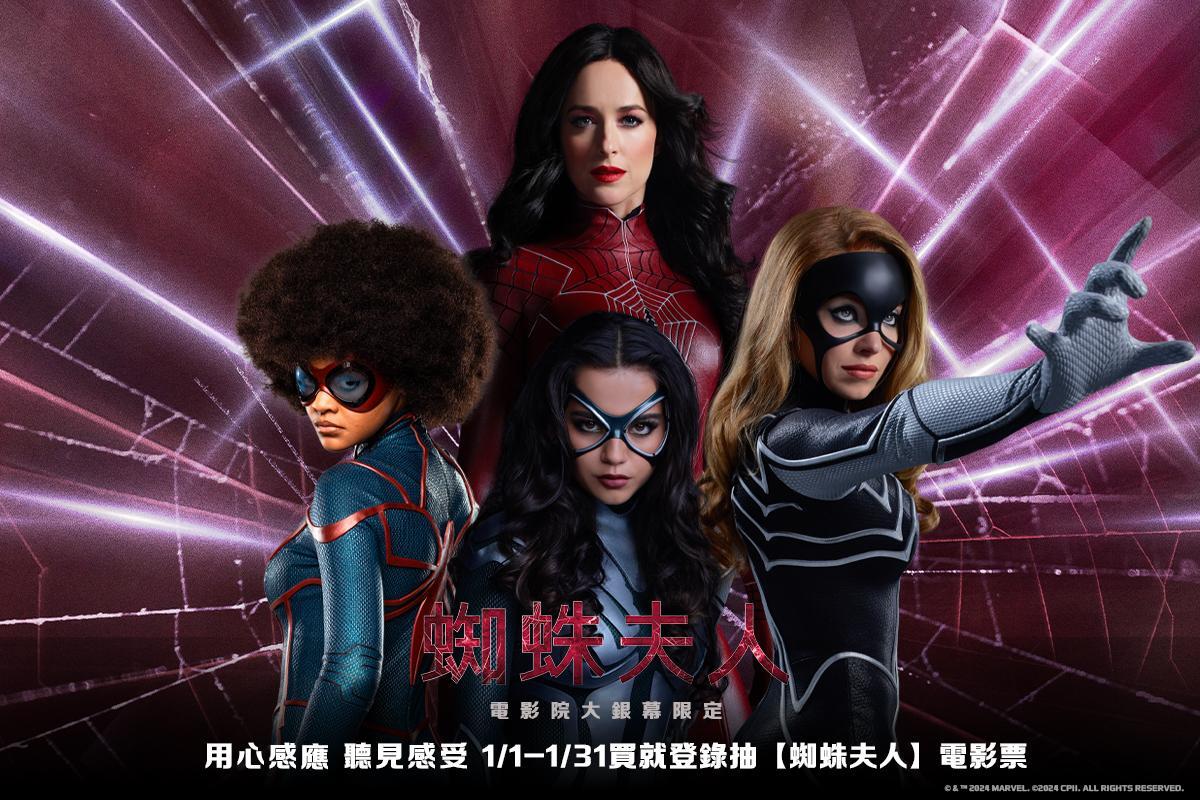The problem is that it seems to me that the public's expectations for superhero films are now very high.
Yes, but as I keep saying, a great deal of the budget in modern Hollywood films is the result of inefficiencies and overcharges in the process, or ends up in executives' pockets rather than on the screen. So I am
not talking about reducing the scale or quality of the finished film; I'm talking about cutting the waste out of the process so you can achieve identical onscreen results less expensively.
Although I do feel that modern blockbusters have gotten bloated and overindulgent, that they'd be better if they dialed back somewhat on the overly long and cluttered CGI sequences. One basic lesson I learned as a writer is the importance of editing, of trimming the fat out of a manuscript and tightening it up to the essentials; Stephen King recommends that you should aspire to cut your first draft by 10 percent as a rule of thumb. But modern blockbuster filmmakers don't seem to edit themselves anymore -- they just leave in all the excess, the unnecessary bits that the film would be better-paced without. Or, too often, they cut out the story and character bits that would improve the film in favor of overindulgent action and CGI that serves no story purpose.
A perfectly okay film (as the latest Blue Beetle was judged to be) is bound to underperform. From this point of view I partially agree with Martin Scorsese. Viewers don't see superhero movies like other movies. For them it is an amusement park.
I don't know, I just find it disingenuous to say that studios are helpless to influence what audiences want to see. Studios
created the expectation that superhero movies had to be gigantic blockbusters by repeatedly
making them gigantic blockbusters. But two of the biggest films last year were
Barbie and
Oppenheimer, which argues that audiences are hungry for films that
aren't gigantic actionfests.
And studios have redefined audiences' expectations about superhero movies before -- with
Batman '89, with
X-Men, with
Batman Begins, with the MCU. So it's nonsensical to claim that studios are helpless hostages to the expectations of the audience. The people who make the movies are the ones with the power to redefine what the audience expects. They do that by being brave, by taking a chance on something new and doing it well enough that the audience responds, rather than just timidly churning out copies of what succeeded in the past.







